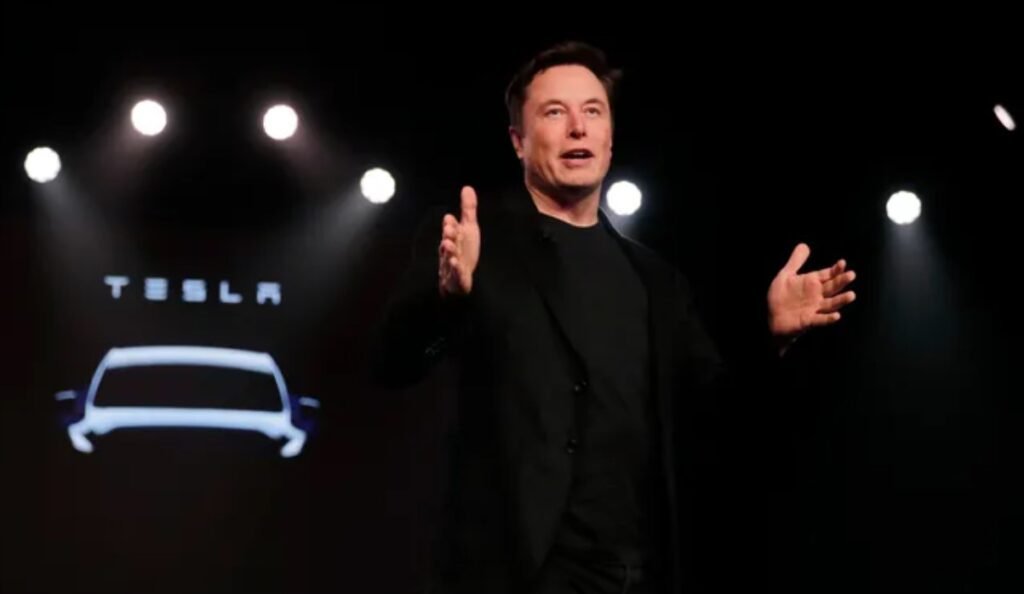Tesla, the electric car company led by billionaire Elon Musk, is set to report its fourth-quarter earnings this week amid uncertainty about the future of the EV market and Musk’s own plans for artificial intelligence and robotics.
Tesla has been one of the most successful and innovative companies in the EV industry, delivering more than 1.2 million vehicles in 2023 and achieving record revenues and profits. However, analysts expect that the company’s earnings for the fourth quarter of 2023 will be lower than the previous quarters, due to several factors such as:

- Increased competition from other automakers, especially in China, the world’s largest EV market
- Supply chain disruptions and chip shortages that affected production and delivery
- Higher costs of raw materials and labor
- Regulatory challenges and safety issues, such as the recall of 475,000 vehicles over faulty software
Tesla’s stock price has also declined by about 25% in the past six months, reflecting the market’s skepticism about the company’s growth prospects and valuation.
Elon Musk wants more control over Tesla and its AI projects
Another source of uncertainty for Tesla is the vision and leadership of its CEO, Elon Musk, who has recently expressed his dissatisfaction with the current structure and direction of the company. In a post on his social media platform X, Musk said that he wants to increase his stake in Tesla from 13% to 25%, which would give him more voting control and influence over the company’s decisions.
Musk said that he is particularly interested in developing Tesla’s artificial intelligence and robotics capabilities, which he believes are the core of the company’s future. He said that he is uncomfortable growing Tesla to be a leader in AI and robotics without having 25% voting control, and that he would prefer to build products outside of Tesla otherwise.
Musk has shown some demonstrations of Tesla’s robotics projects, such as a humanoid robot that can dance and handle eggs, but he has also faced criticism and skepticism from experts and investors about the feasibility and relevance of these initiatives. Some analysts have also questioned Musk’s diversion of Tesla’s resources and staff to work on his social media network X, as well as his involvement in other ventures such as SpaceX.
Musk’s pay package, which was granted by the board in 2018 and could be worth up to $56 billion, is also the subject of a lawsuit by a shareholder who claims that it is excessive and a breach of fiduciary duty. Musk said that he is waiting for the court’s decision before proposing a new compensation plan that would align with his desire for more control over Tesla.
Tesla’s outlook depends on innovation and execution
Despite the challenges and controversies, Tesla still has a loyal fan base and a strong brand reputation in the EV market. The company has also announced several new products and plans, such as:
- The Cybertruck, a futuristic pickup truck that is expected to launch in late 2024
- The Model 2, a compact and affordable EV that is aimed at the mass market
- The Gigafactory Berlin, a new production facility in Germany that will produce the Model Y and Model 3 for the European market
- The Full Self-Driving (FSD) software, a feature that promises to enable autonomous driving capabilities for Tesla vehicles
Tesla’s success in the coming years will depend on its ability to innovate and execute on these projects, as well as to maintain its competitive edge and customer satisfaction in the EV market. The company will also have to balance its ambitions in AI and robotics with its core business and financial performance. And finally, Tesla will have to deal with the expectations and demands of its CEO, Elon Musk, who wants to have more control and influence over the company’s future.
